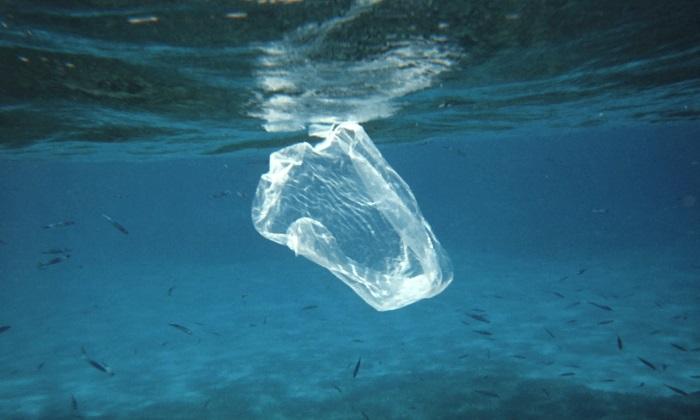The Australian Competition and Consumer Commission (ACCC) has initiated proceedings against a well-known Australian brand of plastic bags after what they say were false “greenwashing” claims.
Clorox Australia Pty Ltd, the Australian subsidiary of The Clorox Company, which makes GLAD-branded kitchen and garbage bags, will need to answer a case over allegedly breaching consumer law by making false or misleading representations. They claimed some of their bags were made of recycled “ocean plastic.”





